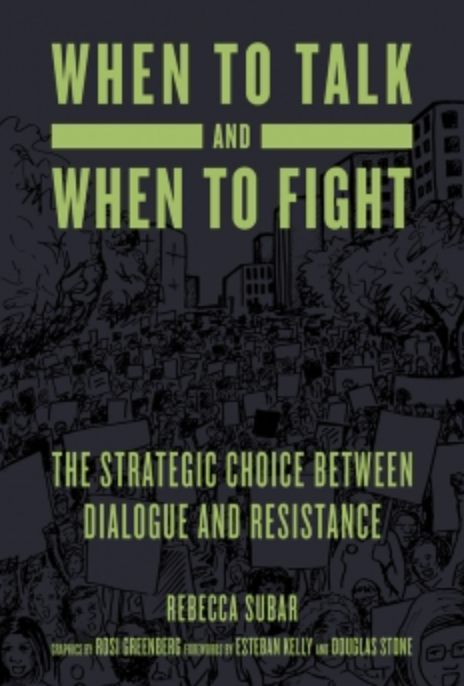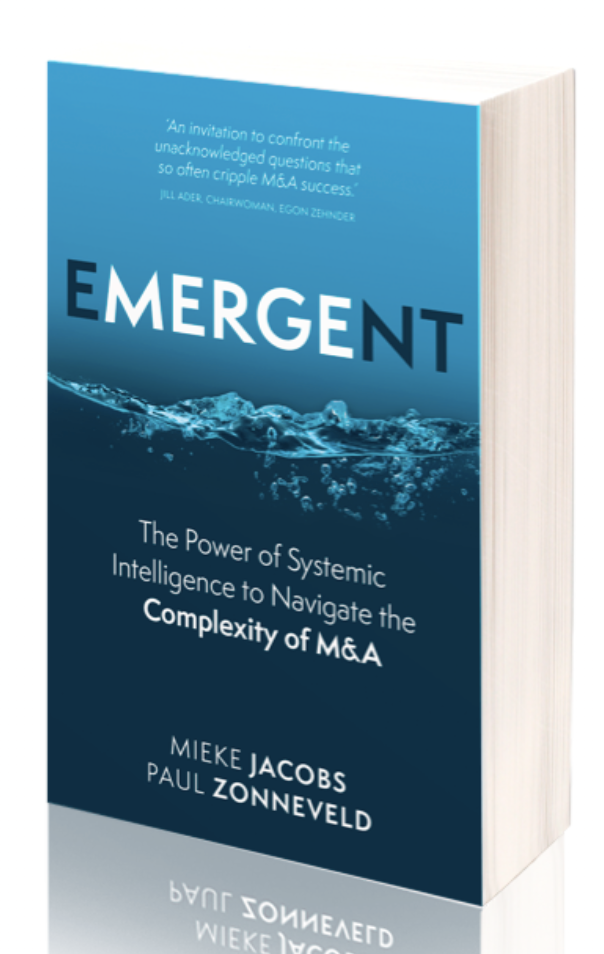A powerful new take on imposter syndrome and mental health, "Everyone Has a Sam" invites you to shift your relationship to self-doubt and step more into leadership.
"More than a book, reading through this work is an emotional journey, I felt it in my body and my mind, and my heart lifted up when the inner critic gets seen for what it really is."
-- Sylvia Boorstein, cofounder of Spirit Rock Meditation Center and author of "It's Easier Than You Think"
Unleash your leadership potential and shift team culture with this one-of-a-kind experience of a book.
Know that inner voice that says we're not good enough, too much this or not enough that? That's the inner critic, or imposter syndrome, and it holds us back from stepping into the power of our leadership. Rosi Greenberg invites us to explore the origins of our self-doubt, see its positive intent while saying no to its negative impact, and offer ourselves and others a new, more empathic inner voice.
'Everyone Has a Sam' is a fresh take on personal development, bringing together the vulnerability and psychology of Brene Brown with the humor and illustrations of Shel Silverstein, all with the foundations of cutting-edge leadership development from Harvard University. Rosi Greenberg brings Internal Family Systems psychology to life with simple illustrations and poignant text.
GET YOUR COPY NOW
Here's a sneak peek:
OTHER TITLES ILLUSTRATED BY ROSI
When to Talk and When to Fight:
The Strategic Choice Between Dialogue and Resistance
|
By Rebecca Subar
When to Talk and When to Fight is a conversation between talkers and fighters. It introduces a new language to enable negotiators and activists to argue and collaborate across different schools of thought and action. Weaving beautiful storytelling and clear analysis, this book maps the habits of change-makers, explaining why some groups choose dialogue and negotiation while others practice confrontation and resistance. Why do some groups seemingly always take an antagonistic approach, challenging authority and in some cases trying to tear down our systems and institutions? Why are other groups reluctant to raise their voices or take a stand, limiting themselves to conciliatory strategies? And why do some of us ask only the first question, while others ask only the second? Threaded among examples of conflict, struggle, and change in organizations, communities, and society is the compelling personal story that led Subar to her community of practice at Dragonfly, advising leaders in social justice organizations on organizational and advocacy strategy. With lucid charts and graphs by Rosi Greenberg, When to Talk and When to Fight is a brilliant new way of talking about how we change the world. In his foreword, Douglas Stone, coauthor of the international best-seller Difficult Conversations, makes the case that negotiators need this language. In a separate foreword, Esteban Kelly, cofounder of AORTA Anti-Oppression Resource and Training Alliance, explains why radicals and progressives need it. If you are a change-maker, you will soon find yourself speaking this language. |
EMERGENT:
The Power of Systemic Intelligence to Navigate the Complexity of M&A
|
By Paul Zonneveld and Mieke Jacobs
Why do so many sensible M&A deals fail in the execution and integration phase? How can leaders deliver on their commitments, not only in the short term, but in all financial, human and societal aspects? Built on the foundations of systemic intelligence and organizational constellations, and illustrated with numerous real-life stories, EMERGENT sheds a light on what is really derailing the newly formed organization. With their thought-provoking questions, the authors dare you to explore both the system and your relationship to it. While reading, you will find yourself reflecting on your own contribution to the challenges in front of you. This book is a ground-breaking guide for leaders, consultants and facilitators who are eager to stop fighting symptoms and address the real underlying causes. |

